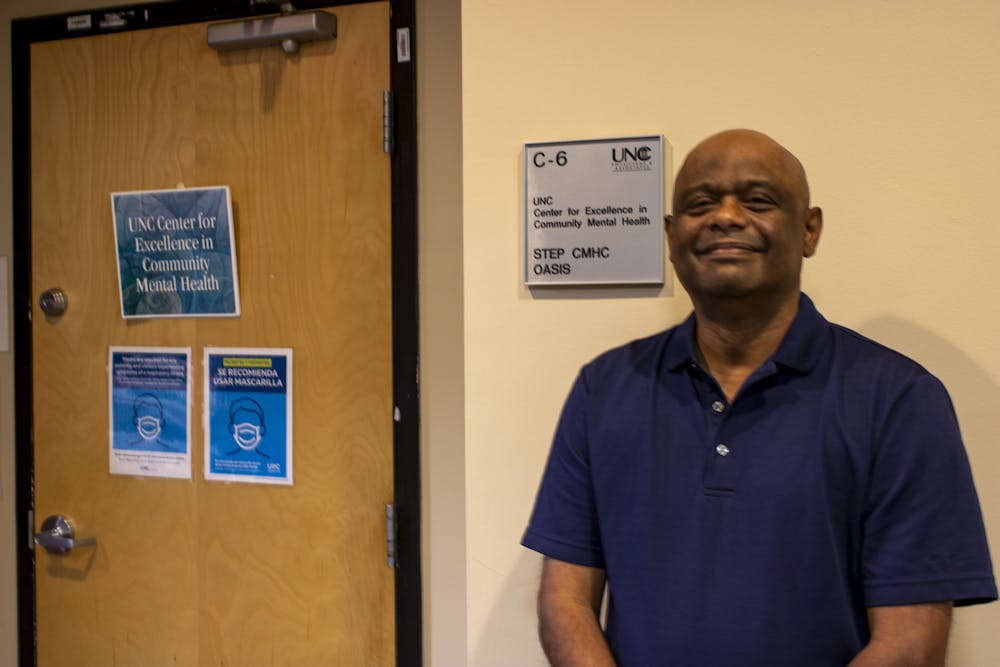Community organizations in and around Chapel Hill are working to address the link between mental health and housing insecurity.
According to the National Alliance on Mental Illness, 21.1 percent of people experiencing homelessness also have a serious mental health condition, compared to 5.5 percent of all U.S. adults.
Paul Marvin, the HomeLink team lead at the UNC Center for Excellence in Community Mental Health, said thinking of housing as mental health care is the best way to address mental health issues that unhoused people face.
HomeLink, which operates through the center, connects unhoused and housing-insecure people who have mental health issues with services, benefits and housing support.
Marvin said that with a housing-first approach, he and his team are able to help provide housing-insecure individuals with a stable environment before addressing other concerns.
“Housing is not a silver bullet that solves everyone’s problems completely — but being housed gives folks a secure place from which to address other kinds of issues in their life,” he said.
Marvin said everyone on his team has had their own lived experiences with mental health, addiction or homelessness, which allows them to model the recovery process and connect with the people that they work with.
“We want to get people housed and then support them in all the ways they need support so that they can be successful and really pursue the life they want to pursue,” he said.
Marvin said in his role, he mainly sees conditions like anxiety, depression and post-traumatic stress disorder present in those who have housing instability, and he said it is important to recognize that mental health issues can look different for every person.




